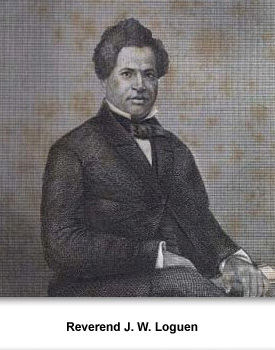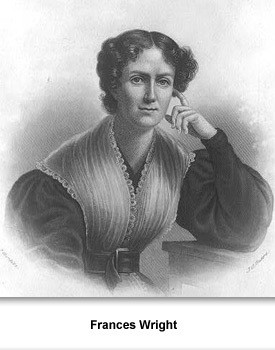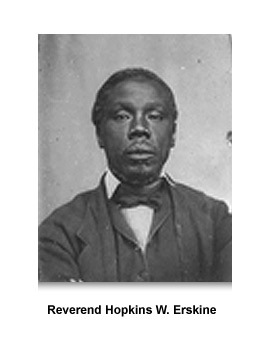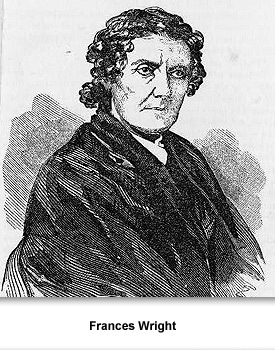Age of Jackson
Tennesseans Against Slavery
Not all Tennesseans accepted slavery. Some people, both black and white, thought it was wrong.
Enslaved people resisted slavery in many ways, including running away from their masters. Even if they didn’t try to escape, some slaves worked at a slow pace, pretended to be sick, argued with overseers, or destroyed valuables.
Free blacks stood as examples of hope to slaves, and many were leaders in local African American communities and churches. Some white Tennesseans also opposed slavery.
In the early 1800s, East Tennessee became an area of anti-slavery activity. Two anti-slavery newspapers began in the communities of Jonesborough and Greeneville. Elihu Embree started an anti-slavery newspaper known as “The Emancipator” in 1820.
Benjamin Lundy also spoke out against slavery. He took over publication of “The Emancipator” after Embree’s death. Lundy joined the Tennessee Manumission Society, which had been formed in 1815.
Some anti-slavery advocates thought that freed slaves should be sent back to Africa. They joined groups like the Tennessee Colonization Society, formed in 1829 to raise money for this purpose.
There was one radical anti-slavery experiment located near Memphis. International activist Fanny Wright founded Nashoba, a utopian colony originally intended to help slaves get ready for freedom through educational opportunities. Nashoba operated for about five years. Then, the 31 slaves who were still at Nashoba were sent by Wright to Haiti.
Anti-slavery groups never gained a large amount of support among whites in Tennessee. However, they help demonstrate that Tennesseans had different opinions about slavery.
Look at the Library of Congress's online exhibit about the abolition of slavery using pictures of primary sources.
Read about the problems that Abolitionists faced.
Read about the problems that Abolitionists faced.
Picture Credits:
- Photograph of Reverend J. W. Loguen. This photo was included in the 1859 autobiography, The Rev. J. W. Loguen, as a Slave and as a Freeman, A Narrative of Real Life. Born in 1814, Loguen lived in Davidson County, Tennessee, before he escaped slavery and fled to Canada. He eventually returned to the United States and became a Methodist minister and abolitionist. The University of North Carolina
- Portrait of Frances Wright. This print was created by John Buttre in 1881 and included the book, History of Woman Suffrage by Elizabeth Cady Stanton. Library of Congress
- Photograph of Reverend Hopkins W. Erskine. At 10 years old in 1833 ,Erskine emigrated from the Knoxville area to the country of Liberia in Africa with the aid of the American Colonization Society. Library of Congress
- Photograph of Frances Wright. This print was used in the newspaper, Gleason’s Pictorial Drawing Room Companion in 1854. Library of Congress
Age of Jackson >> Tennessee's People >> Slavery >> Tennesseans Against Slavery




 Sponsored by: National Endowment for the Humanities
Sponsored by: National Endowment for the Humanities